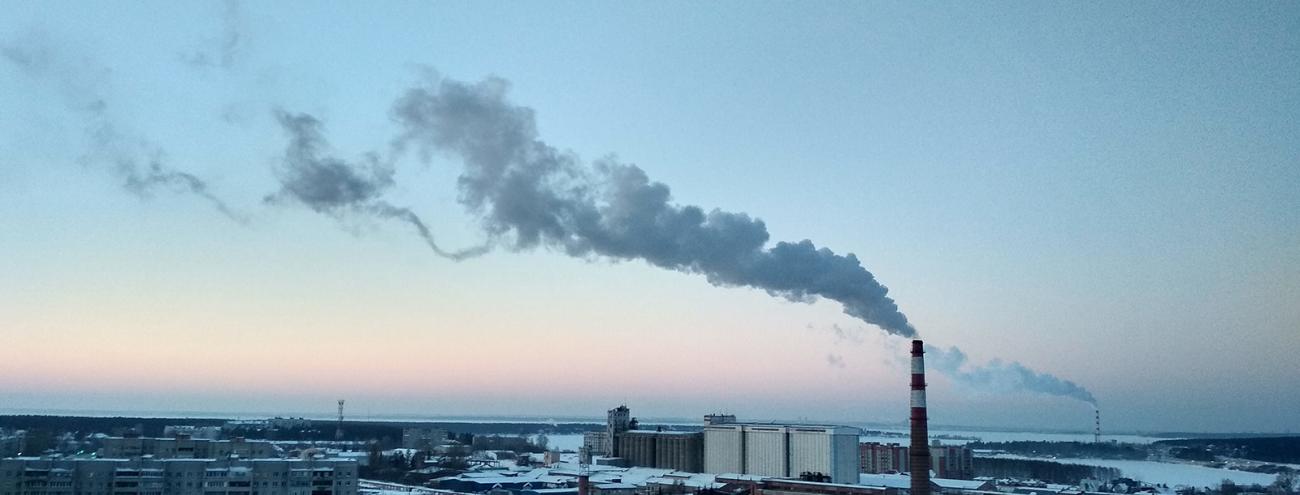
Interview: Dr. Naoko Ellis, James Montgomery
2020 CLL Award Recipients Dr. Naoko Ellis, Professor in the Department of Chemical and Biological Engineering, and James Montgomery, Energy Conservation Engineer at Energy and Water Services, shared more about their aspirations for integrating carbon capture into systems at UBC campuses.
This project aims at building a carbon capture and conversion ecosystem on the UBC Vancouver campus. What does this mean?
It means promoting learning, research, and knowledge in order to seek opportunities around carbon capture conversion and utilization on campus and beyond.
Could you talk about the steps you’ve taken to build this ecosystem on UBC campus?
The project was divided into four distinct phases. In the first phase, which developed over the course of about six months, we ran a webinar series about different themes associated with carbon capture. These webinars were really successful, and they brought people together, with topics ranging from small scale carbon capture to policy aspects.
In the second phase, we worked with the Regional District, Metro Vancouver, and with researchers from the UBC Clean Energy Research Centre. We created an online space where people could meet to identify challenges and solutions associated with carbon capture and storage.
The third phase was instead related to coursework. The course Carbon Capture, Conversion, and Sequestration Technologies was created to support students learning and allow them to make an impact on the negative carbon technology industry in the future.
Lastly, our objective was to install some form of carbon capture equipment on campus. This is happening in just a few months, and the equipment will be located in the Pharmaceutical Sciences Building.
Did you encounter any challenges when implementing the project?
The COVID-19 pandemic forced us to deliver webinars and meetings online, which definitely made the experience different. However, timelines actually represented the biggest challenge for us. Working with multiple project partners meant aligning different schedules and this often led to delays. Despite this, we are now ready to move on with the installation.
What are the potential impacts of your project in the longer term?
Most emission reduction targets attribute an important role to negative carbon technologies, including UBC’s CAP 2030. Nonetheless, there is still a significant lack of understanding around those technologies. By installing carbon capture and conversion equipment at UBC, we give students experiential learning opportunities. Although our project might not represent a solution that works in every context, it is still a concrete example to learn from.
For this reason, it would also be good to have another team continuing our work in the future. I really hope that this is not one of those projects that ends once the program is over. Ensuring continuity is vital to create a flourishing ecosystem around carbon capture and storage on UBC campuses and beyond.
Learn more about the CLL Project